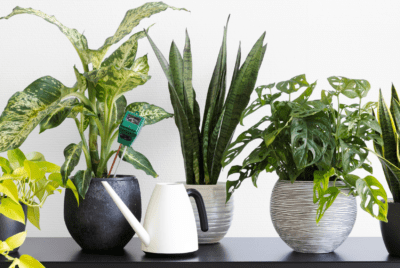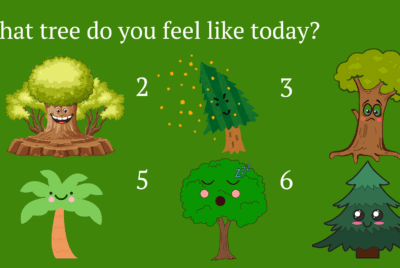RESEARCH
Application of the Neurosequential Model of Therapeutics (NMT) in an Integrative Outdoor Behavioral Healthcare Program for Adolescents and Young Adults
Summary
This research explores how the Neurosequential Model of Therapeutics (NMT) is applied in an outdoor behavioral healthcare program called Pacific Quest (PQ) to help adolescents and young adults with emotional and behavioral challenges. NMT focuses on understanding brain development and using this knowledge to design personalized, step-by-step therapeutic interventions. At PQ, this approach is combined with horticultural therapy, where participants engage in gardening activities that help them regulate emotions, build relationships, and develop problem-solving skills. The program also incorporates Hawaiian cultural practices, experiential learning, and wellness activities to promote holistic healing.
The study found that the NMT-informed program significantly improved participants’ emotional regulation, behavioral functioning, and relational health. These gains were sustained even after participants left the program. By integrating nature-based activities with brain science, the program fosters personal growth and helps young people reconnect with themselves, others, and the environment. The authors suggest that this innovative model could serve as a blueprint for similar therapeutic programs.







